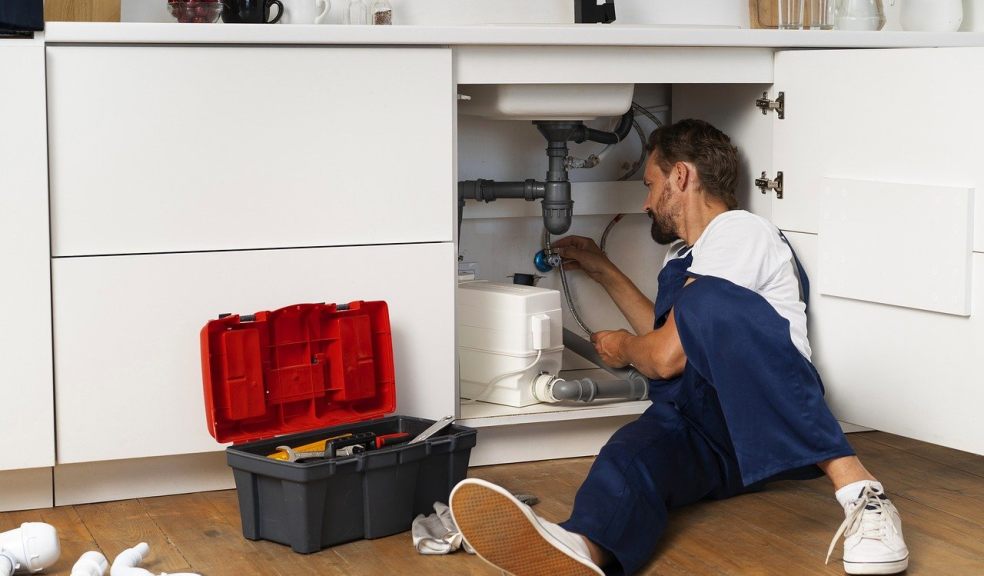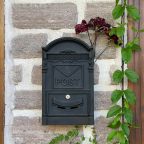
Easy DIY Methods for Keeping Your Drains Clean
Functional and clean drains play an essential role in maintaining the optimal performance of your plumbing system, largely contributing to a safe and comfortable home environment. When neglected, dirty drains can foster the proliferation of harmful bacteria which can come with its fair share of health risks. Moreover, they can create blockages that culminate in frustrating, costly, and sometimes extreme plumbing faults. This comprehensive article will unveil straightforward and cost-effective do-it-yourself (DIY) methods that you can easily utilise to ensure that your drains are clean and properly functioning. With these preventative strategies, you will spare yourself the inconvenience of drain-related issues and save valuable money otherwise spent on professional plumbing service calls.
Understanding the Common Causes of Drain Clogs
An effective strategy for avoiding drain clogs involves understanding the substances that often result in blockages. Among the leading causes of clogged drains is the inappropriate disposal of kitchen waste. Improperly discarded domestic waste, such as grease, oil, coffee grounds, and food particles, accumulate over time within the drains, forming a solidified mass resistant to normal water flow and causing complications.
A less noticeable culprit that also wreaks havoc in your drainage systems is mineral build-up. This happens predominantly with homes supplied by hard water, rich in heavy minerals such as calcium and magnesium. Over some time, these minerals build up within the pipes, leading to hardened deposits that restrict water flow, lower water pressure, and may finally result in a complete blockage.
Let's not forget that nature too, can play a significant role in creating drain blockages. While trees add beauty to your property, their roots can become problematic for homeowners due to their propensity to seek water sources. These roots can infiltrate your home's drains and sewers, causing robust blockages that normal DIY methods may find hard to tackle.
Essential Tools for DIY Drain Cleaning
Successful DIY drain cleaning comes down to possessing the right tools at your disposal. Some of the essential tools to have include a high-quality plunger, a plumber’s snake or hand auger, a wet-dry vacuum, and an effective drain rod or "snake" that reaches deep into your pipes where ordinary tools can't reach.
Often, skimping on quality and compatibility while purchasing these tools doesn't pay off in the long run. Lower-quality tools may not be sturdy enough to withstand the pressure of hard clogs, while incompatible-sized tools may not reach the depths of your drain to eliminate the full extent of the blockage. Moreover, after each use, each tool should be thoroughly cleaned and correctly stored in a dry place to prevent rusting and other forms of corrosion, which may shorten its useful lifespan.
Remember, while clearing your drains manually, wearing protective clothing, gloves, and eye protection is important to shield yourself from nasty surprises that may emerge during the cleaning process.
Simple and Practical DIY Methods for Drain Cleaning
While commercial drain cleaners can offer a quick fix, they are not recommended for regular use due to their corrosive nature, which can harm the environment and degrade pipes over time. That said, here are more eco-friendly and safer alternatives that are just as effective and can save you some money.
Start with boiling water. It's an easy and inexpensive way to clean your pipes. Boiling water can easily break down and dissolve fatty substances, soap scum, and other minor build-ups that may be clinging to the walls of your pipes.
An equally efficient method is the combination of vinegar, baking soda, and hot water, which provides a powerful solution without harmful chemicals. Just pour half a cup of baking soda into the clogged drain and chase it down with an equal measure of vinegar. The resultant chemical reaction causes a fizzing action that can help dislodge minor to moderate clogs, after which you can rinse with hot water.
Then there is the plumbing snake, or drain auger, a hand-held tool for dealing with tougher clogs. You insert it into the drain and turn the handle, which then breaks up the obstructing mass, allowing for easy flushing with hot water. On the other hand, a good plunger provides a mechanical method of sorting out blockages by creating a back-and-forth pressure within the drain, thus helping push the clog out.
Preventative Measures for Keeping Your Drains Clean
Regular drain maintenance can help you avoid the hassles that come with drain clogs. For instance, encourage everyone in your household to discard used oil, fats, and grease into a waste container instead of washing them down the sink. Over time, these substances can solidify and cause hard-to-remove clogs.
Investing in drain covers is also a smart approach to preventing an array of materials like hair and food particles from getting into your drain. Furthermore, consider regularly using household items like vinegar, baking soda, or hot water to maintain your drain's cleanliness and prevent obstructions from becoming a problem in the first place.
When to Call a Professional Plumber
Despite your best efforts at maintenance and employing DIY techniques, sometimes a stubborn clog may persist. If you notice recurring indications such as slow drains, foul odours emanating from your drains, and frequent drain flies, it's a clear sign that your DIY drain cleaning solutions are not entirely effective, and it may be time to call a licensed plumber.
Professional plumbers have an arsenal of specialised tools and accompanying expertise, making them aptly suited to handle even the most frustrating drain problems. By overlooking a severe drain problem, there is a real risk of extensive damage being caused to your home's plumbing system, which could result in expensive overhaul or replacement works. As you look to hire a plumber, ensure they are not only reputable and reliable but also duly licensed to operate in their capacity.
Conclusion
Maintaining a clean and functional drain is more than just a convenience; it is crucial for a harmonious home environment. With the DIY solutions manifest in this comprehensive guide, you are well-equipped to proactively confront any drain issues and achieve significant savings on plumbing costs in the long run. However, remember that DIY strategies are meant for maintenance and handling minor issues and that constant neglect of more significant plumbing problems can escalate into debilitating issues. Hence, when faced with a stubborn blockage, don't hesitate to call a licenced plumber and have the problem resolved promptly. You should now be ready to enjoy the benefits of your home's fresh-smelling and reliably working drains.













